|
Today’s Reading: Luke 24
‘The Son of Man must be delivered over to the hands of sinners, be crucified and on the third day be raised again.’ Luke 24:7 As we come to the end of the Gospel of Luke, we come to the end of Jesus’ life on earth. What a journey it has been! I pray you have been blessed by spending your daily readings on this book as you read, reflect, and pray. From Jesus’ birth to his life and healings, to his death, and now resurrection, this is not just any story, but the true account of our Messiah! You may have been a Christian your entire life and have heard the gospel over and over and over again. My friend, this story should never grow old! I know it may be tempting to tune out when your pastor is presenting the gospel or you read it in a book or hear it in a podcast, but don’t lose your awe and wonder of this story; this good news. So many other religions require its followers to make sacrifices, but not our God. Instead, he sent his only Son to be a sacrifice for us so that we may live forever with him. Don’t forget that this is so amazing and unique! Spend some time in prayer thanking God for His Word, and specifically, for the Gospel of Luke. Thank him for his sacrifice on the cross and his love for you. Ask him to help you to always look at the gospel of Jesus Christ in awe and wonder. If you haven’t accepted Christ as your Savior. Today is the day! Ask him to forgive your sins and let him know you believe he is the Messiah and you're choosing to follow Him. It’s that simple! After you’ve done this, make sure you find a local church as soon as possible so that you can get involved, keep learning, and be held accountable. I’m praying for you!
0 Comments
Today’s Reading: Luke 23
“That day Herod and Pilate became friends—before this they had been enemies.” Luke 23:12 There are many things in this world that unite people: interests, hobbies, workplace, favorite teams, place where you live, etc. But, there is one other unfortunate event that can also unite; a common enemy. And this is what happened in Luke Chapter 23. Herod and Pilate became friends when they were once enemies. They found a new target to direct all of their attention towards: Jesus. Luke notes that Pilate admits he doesn’t find anything wrong with Jesus, yet he chooses to people-please to make sure everyone likes him, including his new friend Herod. Have you ever found yourself disliking someone just because of what other people said about them? You hear all the dirt about what they did so you determine your opinion about them as well. It doesn’t matter if the person telling you the information is your friend or not. It’s easy to jump in and agree whether you say something or don’t say something. Misery loves company, and it’s easier to join in the complaining, then it is to correct someone to love others. In our lives, we interact with a variety of people. Some we like and some we don’t like. Make sure you don’t establish your opinion simply because you conform to the complaining of others. Jesus commands us to love all people. Show love to others whenever you can, and find ways to guide others to do the same. Spend some time in prayer asking God to help you truly love others. Today’s Reading: Luke 22
“It is written: ‘And he was numbered with the transgressors’; and I tell you that this must be fulfilled in me. Yes, what is written about me is reaching its fulfillment.” Luke 22:37 As we come to the end of Luke, we see the story unfold of Jesus’ betrayal and death. All the chess pieces are moved into place with Satan entering Judas, Jesus having the last supper with his disciples, and then going to the Garden of Gethsemane, away from the crowds. As I read it, my heart is sad. I am sad for Judas who allowed himself to be manipulated by Satan. I am sad that Jesus had to endure such an excruciating death, and I am sad for the disciples who watched their leader taken from them, and they couldn’t seem to wrap their human minds around what was going on, even if he predicted his death over and over. And yet, this was the plan from the beginning. From the moment that sin entered the Garden of Eden so long ago, something had to be done. The tiny baby wrapped in swaddling clothes, lying in a manger was there for a purpose. Not just to be among his people, his creation, but to die for them so they might live. I encourage you to spend some time in prayer letting that truth soak in. Search for a picture of the Nativity scene online. Look at the tiny baby and know that the cross was his destiny. Then, spend time praising God for the sacrifice that was done for you. Today’s Reading: Luke 21
“All these people gave their gifts out of their wealth; but she out of her poverty put in all she had to live on.” Luke 21:4 Have you ever felt like you’re not giving enough? Whether it’s to your church or family, your time or money? I’ve felt like this a lot this last year as a new mom. There is not enough time in the day, nor do I have enough energy to get everything done that I want to get done or feel like I should get done. I’ve had to let go of some things and prioritize. My house isn’t as clean as it used to be, and I don’t have the same capacity as I used to, but I’ve been training myself to do one thing at a time and do it well. When I read about the widow’s gift in Luke 21, I am encouraged and inspired. She didn’t have much, but she gave all she had. She gave everything. Maybe she felt inadequate and as if she wasn’t doing enough for the Kingdom, but in giving everything she had, she was doing everything she could. This is a great reminder to us. Sometimes, we can only do so much and we can only give so much. And that’s okay. God knows our hearts. He knows we’re trying. He knows we’re not keeping anything from him. We’re serving as much as we can handle, we’re doing as much as we can handle, and we’re giving as much as we can handle. We need to stop looking at our giving in comparison to others but in the capacity of our lives. God shows us his grace each and every day, so we should give ourselves grace as well. Spend some time in prayer asking God to help you prioritize your life and do what you can at your capacity. If you feel like you’re slacking, ask him to help you out. Today’s Reading: Luke 20
“He is not the God of the dead, but of the living, for to him all are alive.” Luke 20:38 In Chapter 20, Luke provides a variety of instances where the Pharisees and teachers of the law attempt to stump Jesus with their questions, but of course, continue to fail. Their legalistic minds try to find a way to catch him in error, but Jesus was there when the law was written! He knows everything and will not succumb to their stubbornness. The Pharisees are so caught up with wanting to follow the letter of the law that they are missing the Messiah, Jesus, the very Son of God, right in front of them! It’s as if they are looking past him to find a flaw when the answer to their life’s studies is within their reach. We may not be exactly like the Pharisees, but do you ever find yourself overanalyzing things or too much in your head? You can’t make a decision, or maybe you just can’t believe, when you just need to realize that Jesus is right there ready to meet your every need. I love how he says that he is the God of the living. I think it’s a challenge for us to live; not just living in our minds thinking through things, but serving, loving others, and spreading the good news. Spend some time in prayer and ask God to help you truly live as you follow him every day of your life! |
Categories
All
Archives
January 2024
|

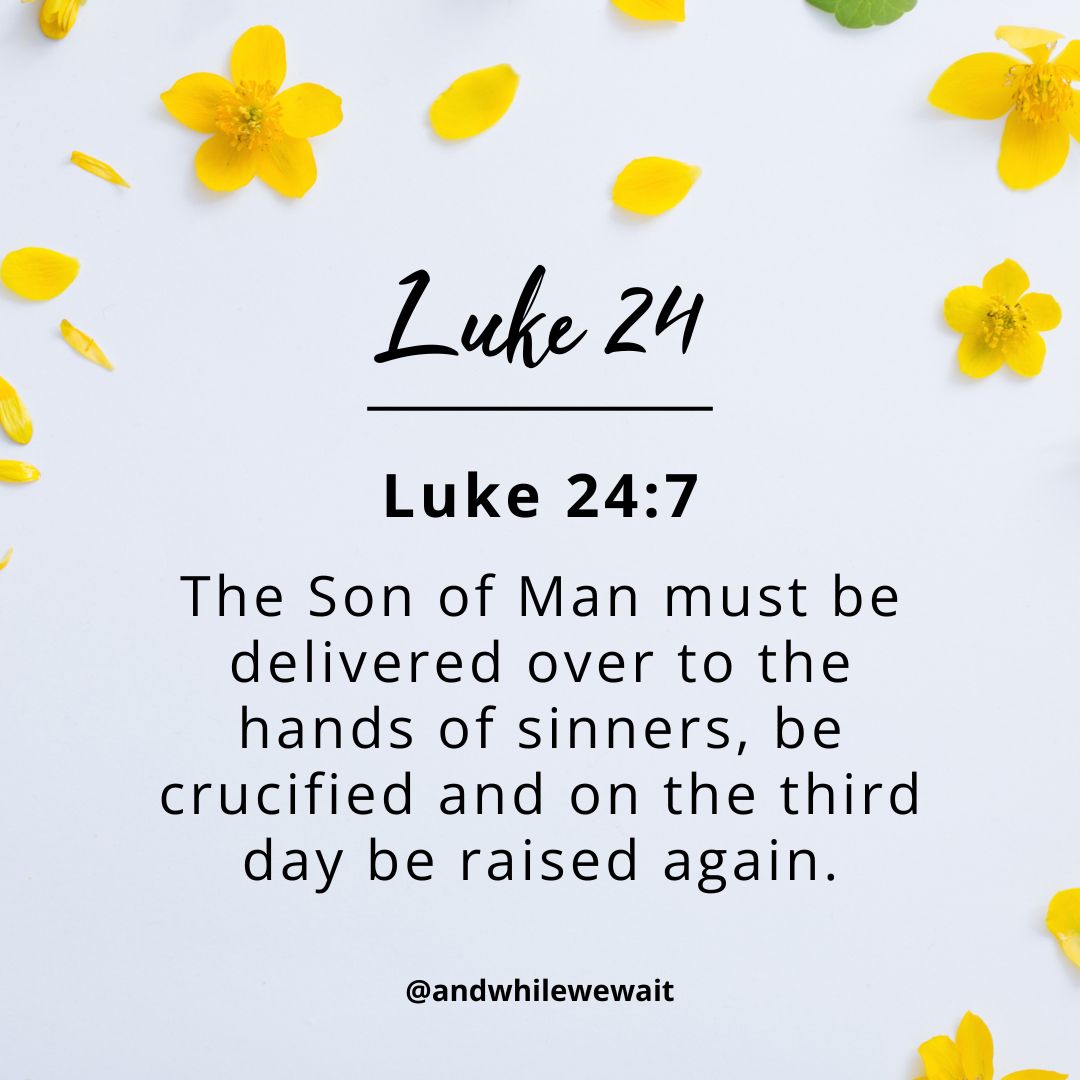
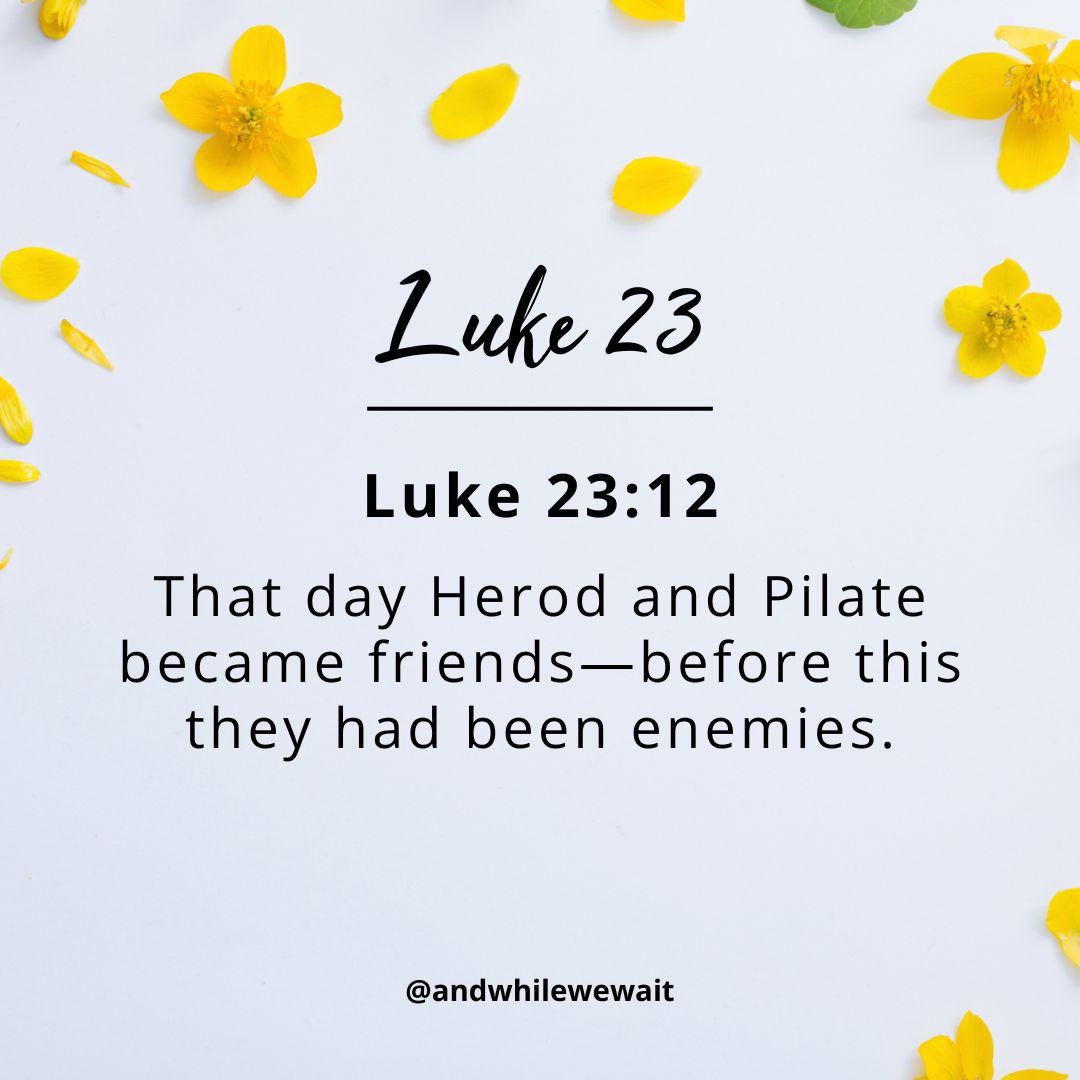
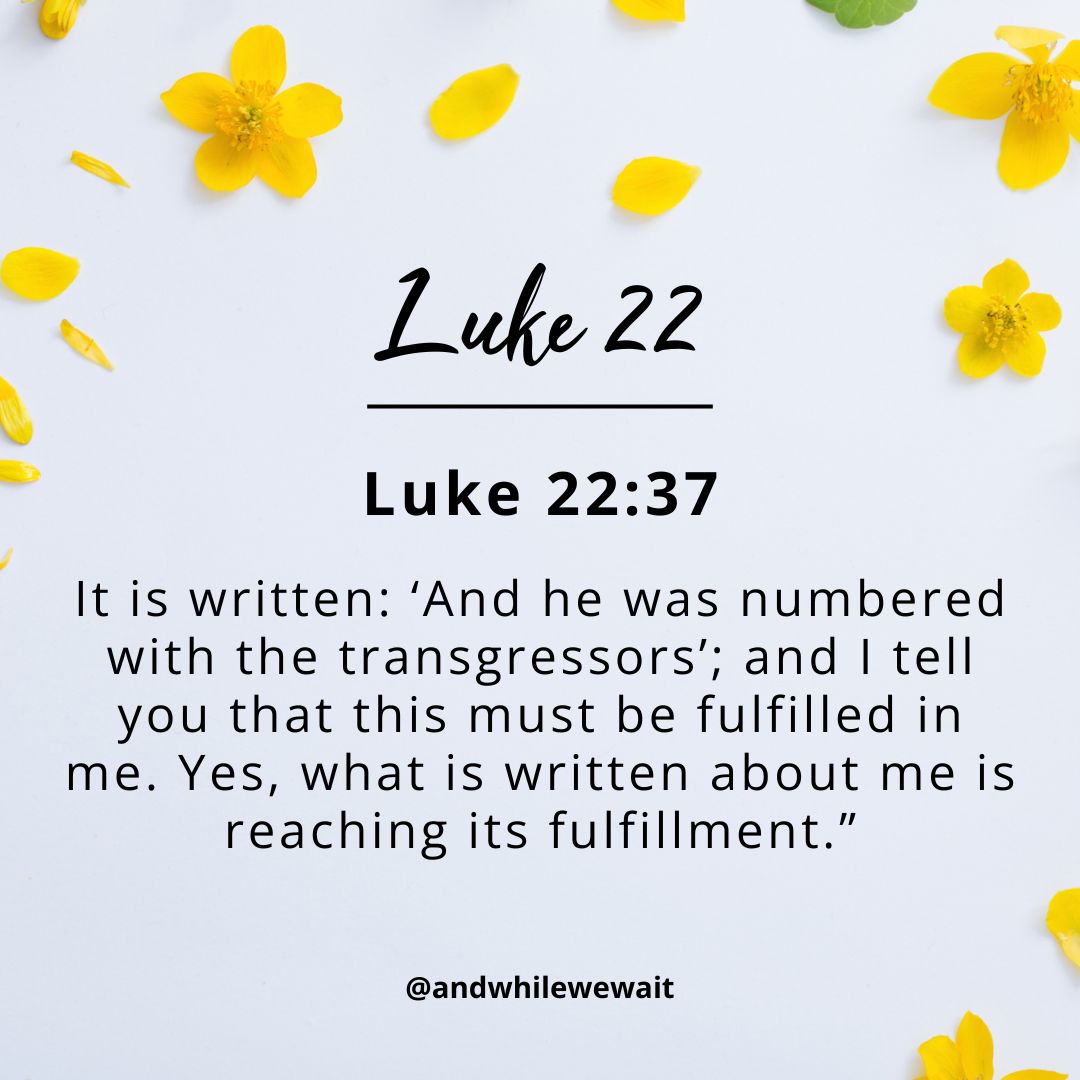

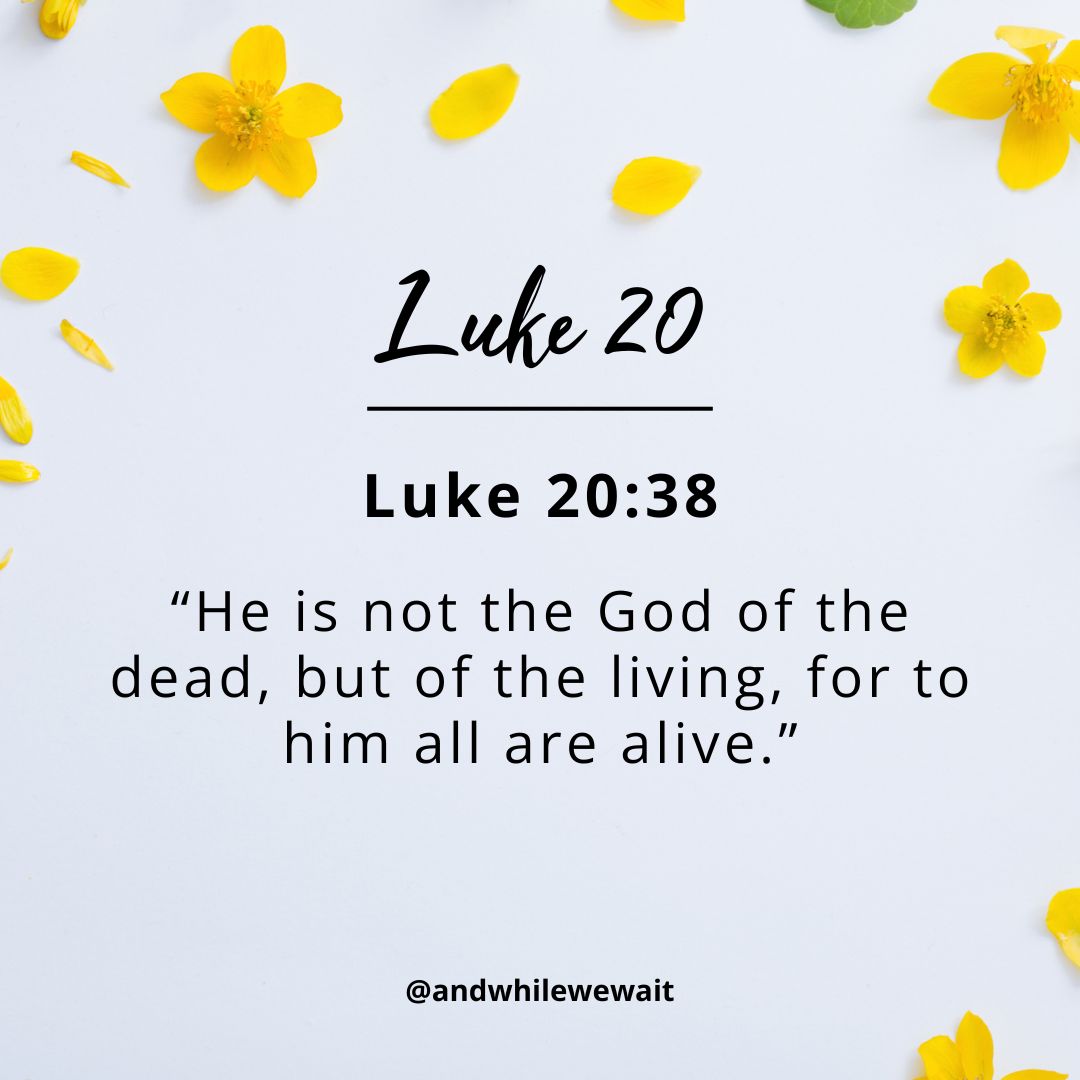
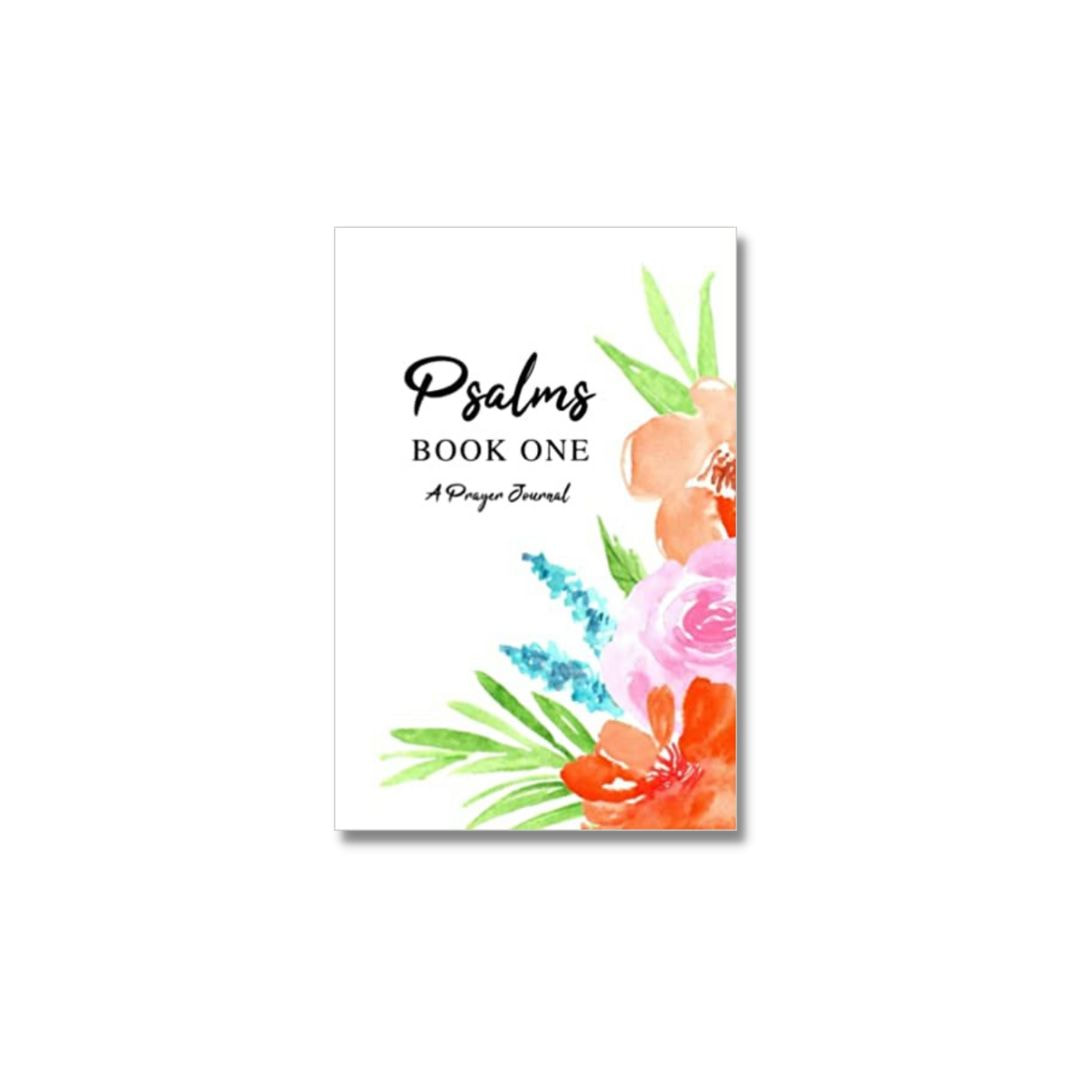
 RSS Feed
RSS Feed